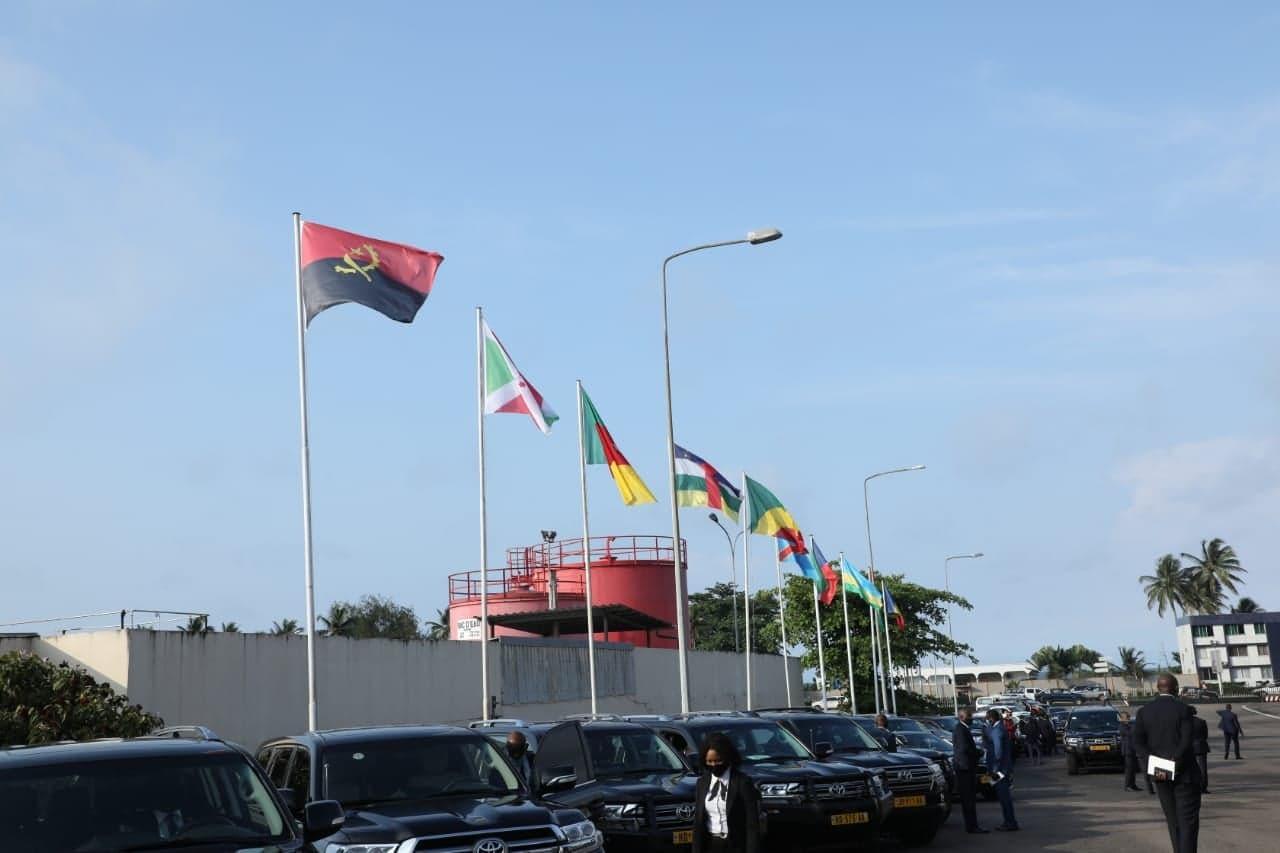Africa-Press – Angola. The city of Libreville, capital of Gabon, host, Saturday, the XXIII Summit of the countries of the Economic Community of Central African States (CEEAC).
Heads of State and Government of ECCAS countries are expected for the meeting in Gabon’s capital, and the agenda was approved this Friday by the ECCAS Ministers of Foreign Affairs and Foreign Affairs.
In the streets of the Gabonese capital, the strengthening of security measures is notorious and the advertising signs announcing the holding of the event, which, among other matters, will take stock of the political and security situation in Central Africa.
The CEEAC Summit, a group integrated in addition to Angola by Burundi, Cameroon, Chad, Gabon, Equatorial Guinea, Central African Republic, Republic of Congo, Democratic Republic of Congo, Rwanda and São Tomé and Príncipe, should discuss security and peace, an inevitable challenge, given the context surrounding some of the member countries.
At the CEEAC Angola Summit, it was represented by an important government delegation.
City of Libreville
With around 600,000 inhabitants, Libreville is home to the ECCAS headquarters.
The main areas of the city are Batterie IV (residential), the Louis Quarter (known for its nightlife), Mont-Bouet and Nombakélé (commercial areas), Glass (the first European occupation of the country), Oloumi (an important industrial area ) and Lalala (another residential area).
Some places worth visiting are the French Cultural Center, St. Marie, the Mont-Bouet Market (a popular city square) and the Sibang Arboretum (which features a diversity of Gabonese woods).
The city retains a certain French feel stemming from colonial-era buildings, but there are already many modern buildings.
It is also the educational core of the country, being home to several research centers and the Omar Bongo University.
Founded in 1843 by 52 black slaves rescued from a slave ship by the French fleet, under the name of Fort d’Aumale, it took its current name in 1849 as a colony of free slaves.
Livreville was the main port of French Equatorial Africa between 1934 and 1946, serving as a starting point for the French colonization of Gabon.
In 1960, Gabon gained independence and Libreville began to develop much faster due to the exploitation of the country’s mineral resources.
It was mainly in the 70’s that the city witnessed a great “surge” of buildings, with emphasis on the university.
The country
With just 1.7 million people, Gabon is one of the least populated countries in densely populated Africa. To give you an idea, the neighboring Democratic Republic of Congo (DRC) has about 78 million inhabitants.
Forests cover nearly 90 percent of Gabon’s territory. Tropical forests are crucial for absorbing emissions from global warming, and in 2019, Gabon became the first African country to receive payment for reducing carbon emissions by protecting its tropical vegetation.
The equator crosses only 13 countries, and Gabon is one of them. Traditionally, countries closer to this range tend to face greater economic difficulties due to the disadvantages caused by a hot climate, which is often more unstable than countries with a more moderate climate.
Interestingly, the yellow band on the flag of Gabon represents the equator, which is why it is positioned in the center.
Gabon is the fourth sub-regional economy and is investing in areas that are of interest to Angola, with emphasis on the diversification of the economy through the creation of an economic zone whose main characteristic is the transformation of raw materials, starting with the experience of wood.
For More News And Analysis About Angola Follow Africa-Press






